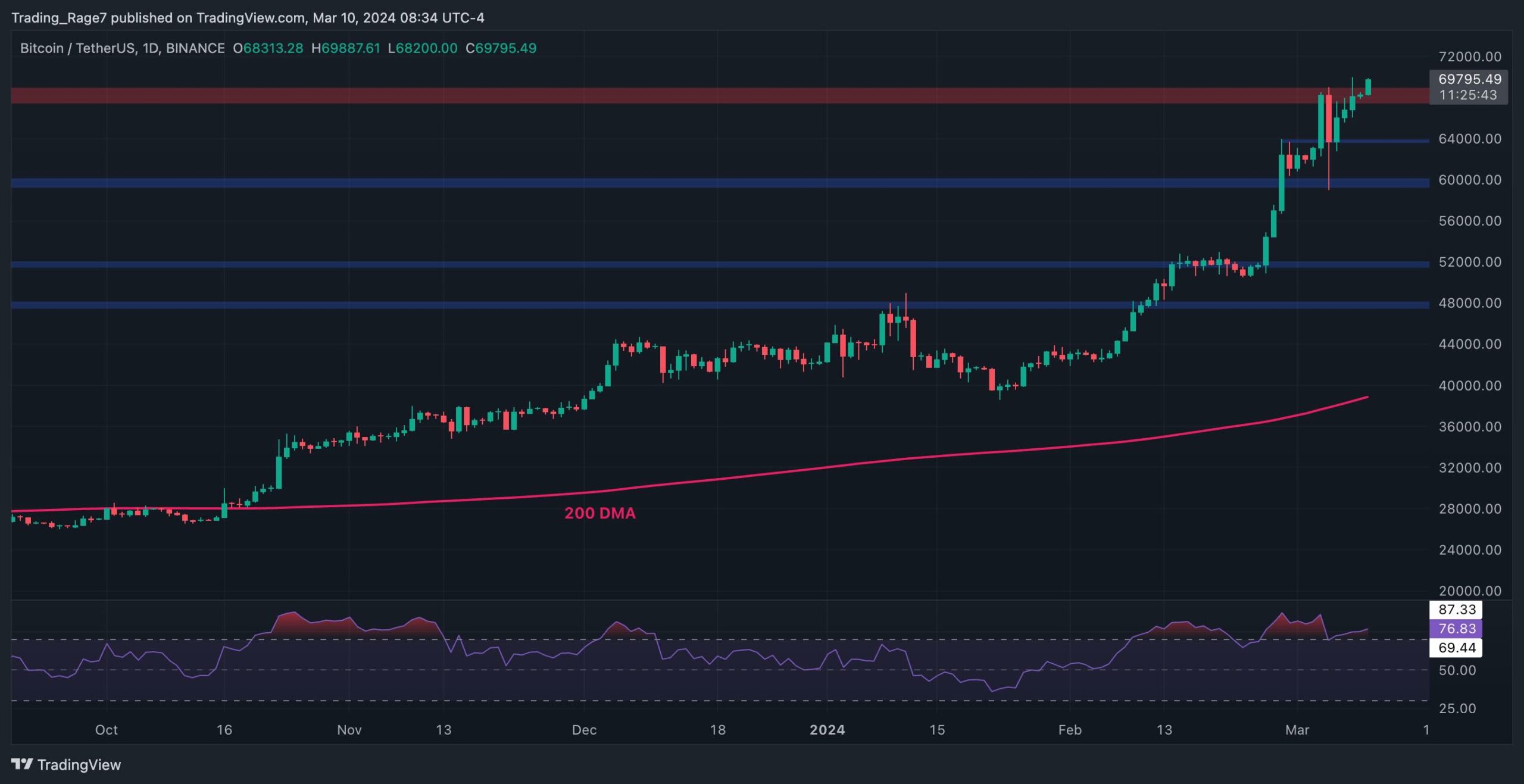AWS follows Google Cloud, drops egress fees when moving data out of its system
You can now move your data from AWS to another cloud, so long as you apply for credits from the company first.

In a significant move not just for Amazon but for the cloud industry as a whole, Amazon Web Services (AWS) has declared that it will no longer charge customers to migrate their data away from the platform.
Amazon says it’s a decision that’s aimed to provide customers with greater flexibility to choose their preferred cloud, on-prem, or hybrid solutions, and it comes in the wake of Google Cloud pulling a similar move around two months ago.
The decision aligns with the European Data Act, which came into force in January 2024 with the intention of enhancing competition by facilitating easier cloud provider transitions.
AWS waives its egress fee
Previously, AWS users were limited by the company’s 100GB-per-month free data transfer limit, which has now been lifted in favor of totally unrestricted migration upon egress.
Despite the European Data Act focusing on promoting competition specifically within Europe, AWS’s policy change applies globally, as does Google’s. It’s unclear whether the providers agree that derestricting egress is the right thing to do or whether they anticipate similar regulations coming into force globally.
AWS’s change isn’t quite as simple as making a move free because customers must first contact the company in order to receive credits to cover the cost of the egress. This could even be a ploy to talk customers into staying with AWS rather than switching providers.
In a blog post introducing the change, AWS developer Sébastien Stormacq expressed hope that users will choose to stay within the AWS ecosystem despite the new ability to swap providers more freely.
Ultimately, the removal of fees is a step in the right direction, however the company, which is under the watchful eye of the UK’s Competition and Markets Authority (CMA), still imposes some technical barriers that hamper interoperability.
More from TechRadar Pro
- We’ve rounded up the best cloud hosting providers
- Google Cloud is ending data transfer fees for good
- These are the best cloud storage and best cloud backup tools
What's Your Reaction?

































